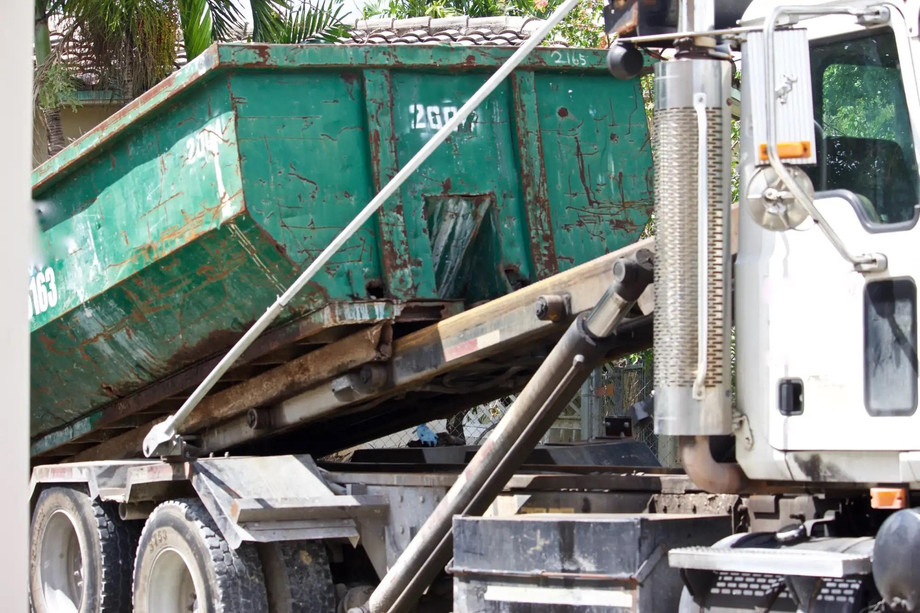The Growing Concern of Waste A Call to Action
In the modern world, waste has become an unavoidable facet of daily life, permeating every corner of our existence. From the towering mountains of plastic in landfills to the vast expanses of garbage floating in our oceans, the consequences of our throwaway culture are stark and undeniable. Waste, in its various forms, poses a multifaceted challenge to both the environment and human society, necessitating urgent action and a fundamental shift in our attitudes and behaviors.
At the heart of the issue lies the sheer scale of waste generation. With burgeoning populations and rampant consumerism, the production of waste has reached staggering levels. Whether it be food waste, electronic waste, or industrial waste, the volume of discarded materials continues to rise unabated, placing immense strain on our planet's ecosystems and natural resources. Moreover, the improper disposal of waste exacerbates pollution, contaminates water sources, and contributes to climate change through the release of greenhouse gases.
Plastic waste, in particular, has emerged as a symbol of our unsustainable habits. Lightweight, durable, and versatile, plastic has infiltrated nearly every aspect of modern life, from packaging to construction materials. However, its very durability is what makes it so problematic. A plastic bottle tossed aside today may persist in the environment for hundreds, if not thousands, of years, breaking down into smaller microplastics that infiltrate soil, waterways, and even the air we breathe. The ecological ramifications of this pervasive plastic pollution are profound, threatening marine life, disrupting ecosystems, and potentially harming human health.
But waste is not solely an environmental issue; it is also a social and economic one. In many parts of the world, waste management infrastructure is inadequate, leading to widespread pollution, disease, and social inequities. Informal waste pickers, often marginalized and impoverished, scavenge through landfills in search of recyclable materials, exposing themselves to hazardous conditions without adequate protections. Furthermore, the financial costs of waste disposal, borne by governments, businesses, and taxpayers, represent a significant burden on economies already grappling with finite resources and competing priorities.
Addressing the challenge of waste requires a multifaceted approach that encompasses policy interventions, technological innovations, and individual actions. Governments play a pivotal role in establishing regulatory frameworks and incentives to promote waste reduction, recycling, and sustainable consumption patterns. Extended producer responsibility schemes can compel manufacturers to take greater responsibility for the lifecycle of their products, incentivizing eco-friendly design and resource efficiency. Moreover, investments in waste management infrastructure, such as recycling facilities and composting programs, are essential for enabling the transition to a circular economy where waste is minimized, and resources are conserved.
However, meaningful change also depends on individual choices and behaviors. Each one of us has a role to play in reducing our ecological footprint and minimizing waste generation. Simple actions, such as avoiding single-use plastics, embracing reusable alternatives, and composting organic waste, can collectively make a significant difference. Moreover, raising awareness and fostering a culture of environmental stewardship are essential for instilling a sense of responsibility and accountability for our collective impact on the planet.
The issue of waste is one of the defining challenges of our time, with far-reaching implications for the environment, society, and economy. It is a problem that demands urgent attention and concerted action at all levels, from grassroots initiatives to global policy frameworks. By reimagining our relationship with waste, embracing sustainable practices, and working collaboratively towards a circular economy, we can mitigate its harmful effects and pave the way towards a cleaner, healthier, and more resilient future for generations to come.
For more info:-

Comments
Post a Comment